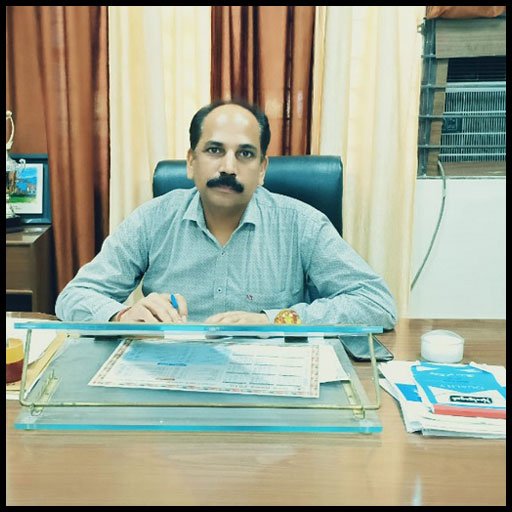
Sh. Rajeev Puri
Principal, Govt. Polytechnic College, Mohali (Khuni Majra)
In the present era of globalization and liberalization, technical education is amongst the key enablers of growth for transforming a nation’s economy. India has witnessed a tremendous progress in the development of technical education which has been corroborated by the fact that there is a quantum jump in the number of technical and engineering institutes. Yet an urgent need has been felt to constantly adapt technical education to the changing technological and financial scenario and also to make it competitive in terms of quality through systematic transformation of technical education sub-sector into a dynamic, demand driven, quality conscious, efficient and responsive to rapid economic and technological developments occurring at national and international levels. Constant updating of knowledge is imperative for maintaining high quality of research and teaching in technical areas.
Globalization, which has resulted in the thinning of boundary lines between nations, requires engineering graduates/diploma holders to develop international perspective, tolerance and negotiation skills in the world market. They are also expected to possess generic skills, knowledge of foreign languages, creativity and innovation, commitment to sustainable development and a yearning for lifelong learning and continuous education. As a leader of a dynamic emerging global economy that is driven by technology, information and constant change, the engineers also need to develop long lasting analytical skills and intellectual frame work. The institutions are expected to focus on initiatives to bridge the ever widening gap between industry expectations and the quality of the talent pool through the Industry Institute Interaction Cell, which would help them evolve as leaders and trend setters in their respective fields.
Since education must contribute to the all round development of individuals- mind and body, intelligence, sensitivity, aesthetic sense, personal responsibility and spiritual values, value education is fast emerging as an important subject area in today’s class rooms and curriculum. The inextricable bond between values and ethics and education calls for concerted action to teach human values and social skills for learners to be a complete person. Educational institutions, which are microcosms of culture and the society that supports them, should be bastions of ethical behavior. Technical education, in particular, needs to prepare the individual with knowledge skills, qualities, values, attitudes and abilities to communicate effectively and work together productively with others. As quoted by Henry Ford:
“Coming together is beginning, staying together is progress and working together is success.”
In short, the institution strives to focus on the holistic development of the students, so as to empower them not only to become qualified technocrats but responsible and ideal citizens for the healthy growth of society.